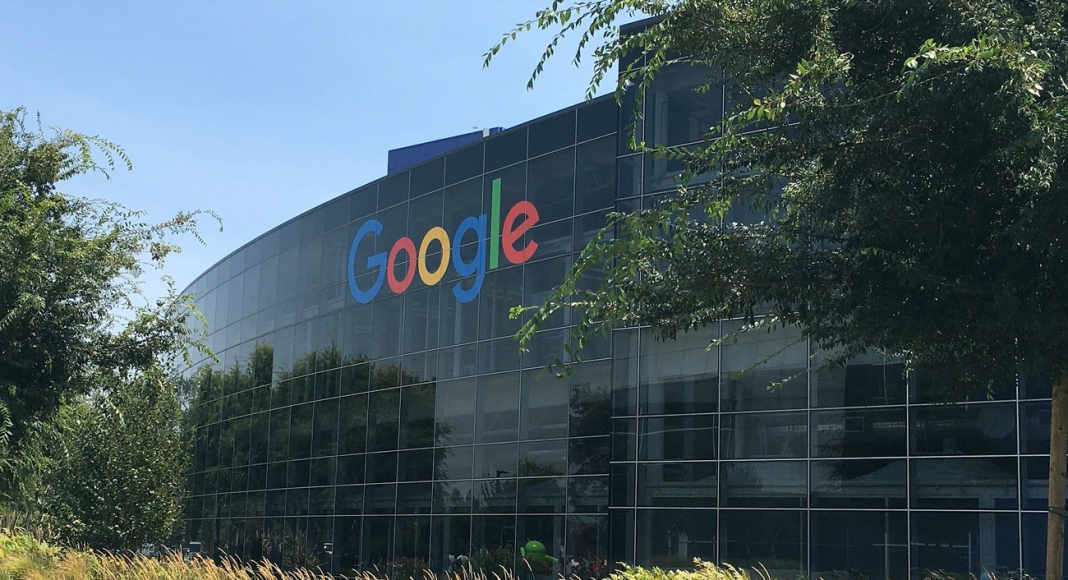Kanter’s pre-existing commitment to aggressive antitrust enforcement, far from compromising the legitimacy of his actions, reinforces his qualifications for doing the job of Assistant Attorney General for Antitrust at the DOJ. Google’s demands for his recusal defy legal logic and common sense.
On July 9, President Biden called for an end to the era of “abusive actions by monopolies” and committed the federal government to “full and aggressive enforcement of our antitrust laws.” He backed up that policy with personnel by selecting Jonathan Kanter as Assistant Attorney General for Antitrust at the Department of Justice. Since his nomination was announced, Google has issued a chorus of calls for Kanter’s recusal, claiming unfair bias and ethical conflicts. These arguments mirror the recently failed arguments against FTC Chair Khan. They have little legal basis and strain common sense.
Recently, Google penned a letter to the Department of Justice arguing that Kanter should be recused from any consideration of its case against Google. In its letter, Google focuses on Kanter’s work in private practice, specifically focusing on his representation of third-party companies that were subpoenaed to provide documents in litigation against Google. Google argues that because these third parties “might benefit from the filing of additional litigation,” Kanter’s limited involvement in the Google case violates ethics rules and requires recusal.
But Google’s claims do not match the Department’s ethics guidelines. Those guidelines require recusal where a Department employee knows a former employer or former client is a party to specific litigation or represents a party in that litigation. Unlike numerous Department of Justice lawyers before him (including his predecessor), Kanter will not be “switching sides,” from defending the likes of Google or Apple to enforcing the law against them. He has not represented a party to the litigation. Common sense and an ethics course at any law school will tell you there is no ethical conflict.
“The only substantial effect of Kanter’s recusal now would be to deny the DOJ access to his insights and years of expertise in prosecuting this case. It’s not hard to see why a company might want that.”
Google also argues for recusal under an appearance of impartiality rule. Recusal under this rule requires that a DOJ employee represented a party to the litigation and the circumstances cause a reasonable person to question the employee’s impartiality. As it stands, Kanter has not represented any of the named parties in this litigation. But beyond this, a reasonable person would never think that Kanter’s previous work supporting antitrust enforcement conflicts with the goals of the Department, unlike the client work contemplated by the ethics guidelines. A reasonable person knows instead that the guidelines are meant to prevent conflicts like a former Apple or Google attorney handling or overseeing a case against their former client.
Luckily, we have guidance on nearly this exact same issue from the court considering FTC Chair Lina Khan’s recusal in the Facebook case. Facebook made a very similar argument that Khan should recuse herself from the case because she allegedly prejudged Facebook’s guilt based on her prior work. The court declared flatly that “such contention misses its target” because Khan is acting as a prosecutor. And prosecutors have a different standard for impartiality than, for example, judges. Recusal is ultimately meant to prevent an abuse of power. At the DOJ, such an abuse most often happens when an official declines to enforce the law or settles a case too easily. The recent history of the Department offers up many examples of such abuses. In this case, Google is not worried that Kanter will not enforce the law. Rather, Google is worried Kanter will enforce the law. Fair and full enforcement of the law is not improper for one of the nation’s top prosecutors; it is the job description.
Finally, logically, it’s difficult to understand even what the effect of Kanter’s alleged impartiality would have on Google’s case. The key Department decision in United States v. Google—whether to file the case—occurred before Kanter’s confirmation. The most substantial decisions about liability from this point forward will be made by federal courts. The only substantial effect of Kanter’s recusal now would be to deny the DOJ access to his insights and years of expertise in prosecuting this case. It’s not hard to see why a company might want that. Recusal rules are important parts of the ethics toolbox for protecting the legitimacy of enforcement decisions. But Kanter’s pre-existing commitment to aggressive antitrust enforcement, far from compromising the legitimacy of his actions, reinforces his qualifications for doing his job. Google’s demands for his recusal defy legal logic and common sense. Acceding to them would threaten President Biden’s admirable commitment to full and fair enforcement of the antitrust laws.
Learn more about our disclosure policy here.






